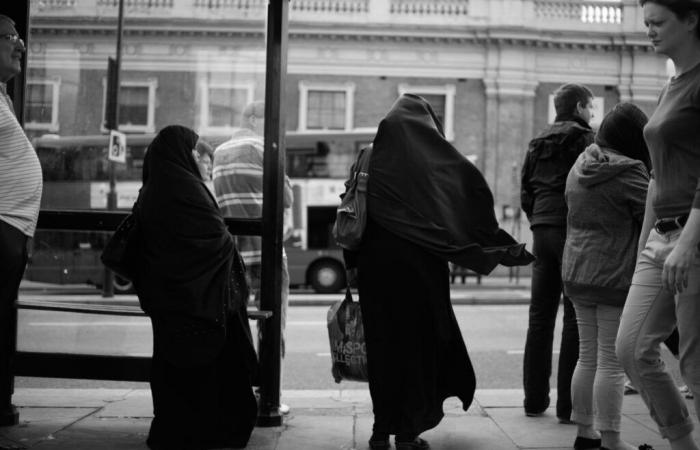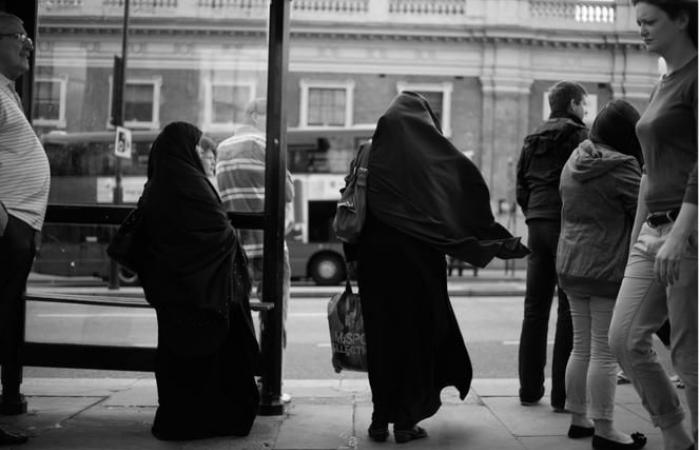“The Book of Aïcha” (El libro de Aisha), by Sylvia Aguilar Zélény, translated from Spanish (Mexico) by Julia Chardavoine, Le Bruit du monde, 196 p., €21, digital €15.
Brilliant, independent, involved in student protest movements, then in doctoral studies in economics, young Patricia had a promising future ahead of her. A handful of years after leaving her family home in Mexico to study in England, she was married, converted to Islam, given a Muslim first name and her body covered from head to toe. She abandons her professional ambitions and soon breaks off all contact with her family.
How did she get there? How to deal with this absence? The question gnaws at her sister, the novelist Sylvia Aguilar Zélény, born in 1973 in Hermosillo, in northern Mexico. She was 7 years old when her eldest (fourteen years old) left home; 12, the last time she saw her. Then visiting with her new husband, a Turk named Sayed, the young bride no longer had anything to do with the one her family had known, writes Aguilar Zélény in The Book of’Aisha. In this second novel translated after Garbage can (Le Bruit du monde, 2023), she attempts to reconstruct, through fragments, the young woman's journey and the explosion caused by her radical transformation.
Sylvia Aguilar Zélény drafted a first version of this text in 2005. “I had adopted the point of view of an omniscient narrator, as in the 19the century, to tell the story of a woman caught up in a form of sect”she explains. But, at the end of a writing residency in San Diego (California), the following year, she realized that “fiction covers the story with another type of veil”. And that she makes her sister a character in a novel very far from what she really was – the manuscript then was aptly titled “At a Distance”.
The discovery of another form of story was revealed to Sylvia Aguilar Zélény during this same residency, with the reading of Jane, a murderby Maggie Nelson (The Basement, 2021). In this book dedicated to the death of her aunt, murdered in 1969 while she was a law student in Michigan, the American writer combines story, extracts from diaries, conversations with her mother, personal reflections, autobiography and elements of investigation into a genre of “non-fiction poetry”. A revelation for the Mexican novelist. However, he would have to wait another eight years – and the earthquake caused by the death of one of his two brothers – to allow himself to resume his text. In the meantime, she moved to El Paso (Texas), where she studied and then taught creative writing at the university: it was there, on the other side of the Mexican border, that she found “the necessary space and time” to dive back into the family trauma.
You have 63.48% of this article left to read. The rest is reserved for subscribers.







